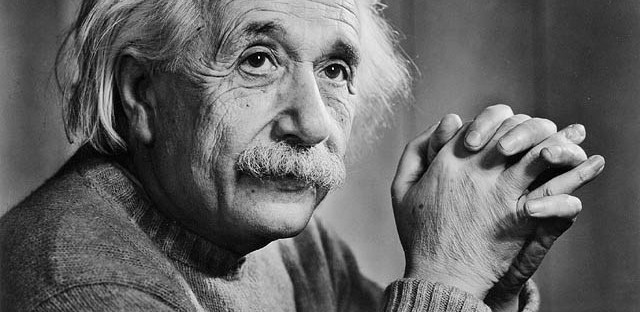My grandfather happens to be a great admirer of Albert Einstein, as many people are, and I had a conversation with him about Einstein and I learned many things about the man, Einstein and not just the scientist. I was surprised to hear about how much Einstein wrote on subject matter like tolerance, kindness and the importance of art.
This got me curious to learn about this important figure in human history. I wished to learn more about Einstein the man, what his thoughts were, what did he like, what did he believe in, his dislikes and worldviews.
And to my great pleasure, I came upon a book that was conveniently called Ideas and Opinions by Albert Einstein. The book is a compilation of his essays, letters, and speeches which range from topics of politics, science, religion, the meaning of life, education, friends and many more. The contextual thought that I found interesting was that many of these letters, essays and speeches were written between post World War I and post World War II. I am sure the experience of that horrific time period played a role in what I wish to quote in this post. The section in the book is called “The World As I See It” in which Albert Einstein discusses the ideals of his life.
To inquire after the meaning or object of one’s own existence or that of all creatures has always seemed to me absurd from an objective point of view. And yet everybody has certain ideals which determine the direction of his endeavors and his judgements. In this sense I have never looked upon ease and happiness as ends in themselves — this ethical basis I call the ideal of a pigsty. The ideals which have lighted my way, and time after time have given me new courage to face life cheerfully, have been Kindness, Beauty and Truth. Without the sense of kinship with men of like mind, without the occupation with the objective world, the eternally unattainable in the field of art and scientific endeavors, life would have seemed to me empty. The trite objects of human efforts – possessions, outward success, luxury – have always seemed to me contemptible.
These three ideals seem to be lacking in the public at the moment. Constantly we see how volatile social media can be, how easy it is to spread hate and leave hateful comments. Truth itself is a virtue that isn’t respected much. People fake their own images and lives in order to garner some type of following or blatantly spread lies in order to push their own agenda. Beauty, on the other hand, seems to go unnoticed as in the arts, whatever makes money is pushed forth rather than true beauty and in life, people rarely acknowledge or attempt to see the beauty that surrounds us.
One reason why such ideals developed in the mind of a young Einstein was due to a quote from Schopenhauer.
Everybody acts not only under external compulsion but also in accordance with inner necessity. Schopenhauer’s saying “A man can do what he wants, but not want what he wants,” has been a very real inspiration to me since my youth; it has been a continual consolation in the face of life’s hardships, my own and others’, and an unfailing well-spring of tolerance. This realization mercifully mitigates the easily paralyzing sense of responsibility and prevents us from taking ourselves and other people all too seriously; it is conducive to a view of life which, in particular, gives humor its due.
Free to do what we want but not free to want what we want. That’s a conundrum. So, I suppose one should be tolerant towards others because there is a certain restriction in people’s movements and decisions. Recognize the limitations of man and be patient. See the humor in the ridiculousness of life and try to achieve more than just immediate satisfaction. That seem to be three practical ways to behave. It does not seem too absurd to live by ideals of kindness, beauty, and truth. It seems definitely better than the alternative.
Youtube: Learned Living
Instagram: https://www.instagram.com/learned_living/
Poem: The Many Yous
Article: Stoic Lesson: Aim For Internal Growth
Short Story: Everything Work’s Itself Out

